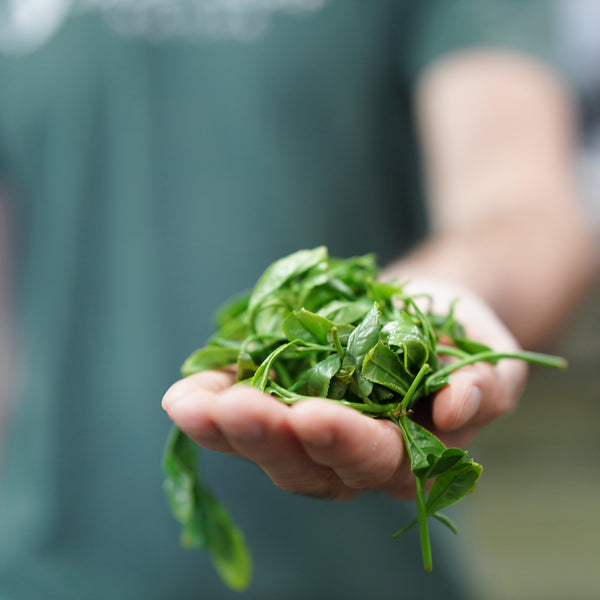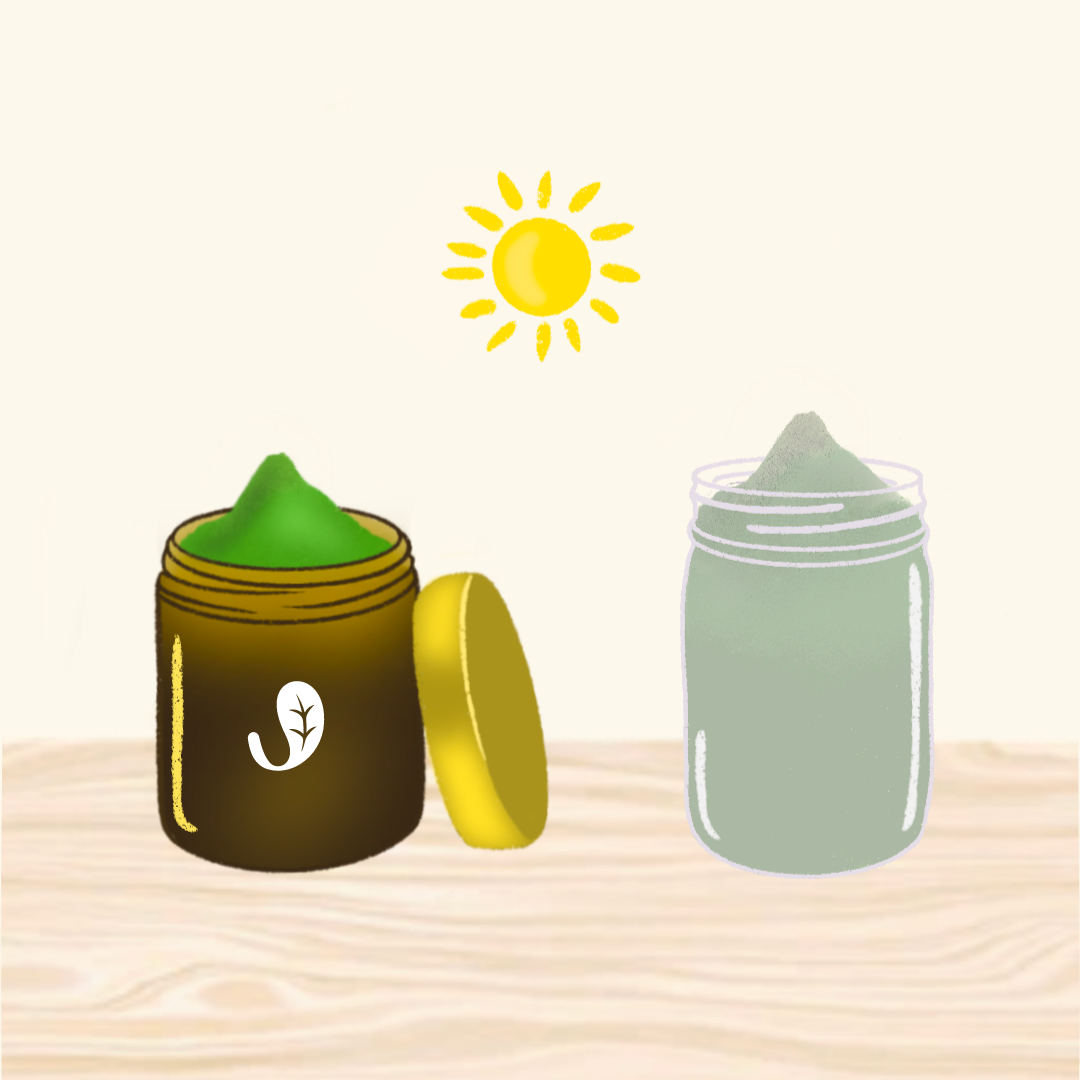What is oxidation?

Oxidation is a chemical reaction that occurs which results in the browning of certain foods, like matcha. It affects color, turning matcha from a vibrant green to dull, gray color and the overall taste of matcha, introducing more unpleasant bitter notes. Once leaves are harvested, they begin to oxidize — our partner tea farmers halt the oxidation process by steaming the leaves immediately after harvest. This process is known as “kill green”.
Why does matcha oxidize?
Oxidation naturally occurs when your matcha powder is exposed to light, heat, and/or oxygen — it is virtually impossible to stop matcha from oxidizing; nonetheless, we take necessary precautions to ensure that you receive the freshest matcha possible, directly from our partner tea farmers in Japan.
Airtight Foil Pouches
Our Teahouse Edition Ceremonial, Barista Edition Ceremonial, and Culinary Grade Wholesale Matcha are available in airtight 1lb pouches. Inside, you will find that the delicate powder is carefully packaged into foil mylar bag that significantly reduces the amount of oxygen inside of the Kraft pouch, thus slowing down the rate of inevitable oxidation.
Oxygen Absorbers
You can rest assured knowing our matcha is sealed with a nifty oxygen absorber inside each pouch to protect the integrity of your matcha.
We're handing the baton to you and your team!

We recommend doing the following to continue to slow down the rate of oxidation once our matcha has arrived to you and the original packaging has been opened:
- Store matcha in airtight amber glass jars or black miron jars (both available on our site) or in its original tin. Learn more Storage Tips here >
- Avoid storing matcha in clear jars or containers at all costs
- Keep it out of direct light
- Keep it away from heat sources
- If you purchase our 1lb pouches, store the pouch in the freezer or fridge and transfer the amount you need for the month into one of the jars we recommended — refill as needed
- Unopened containers/pouches of matcha will keep for up to a year. Once opened, we recommend using matcha within 3 months
Our Oxidation Test: Seeing Is Believing
We conducted an Oxidation Test to highlight how factors such a light, heat, and time can affect matcha. We opened two new tins of our Ceremonial Grade Matcha, stored one in its original tin, one in a clear jar, and left both to sit on a desk for 4 months exposed to natural light and heat. We encourage you to try this test at home — you can expedite the test by simply leaving one scoop of matcha on a plate in the sun, you’ll see it oxidize in a matter of hours. Check out our Oxidation Test >
Want more wholesale matcha tips?
We made something just for you and your team :)

